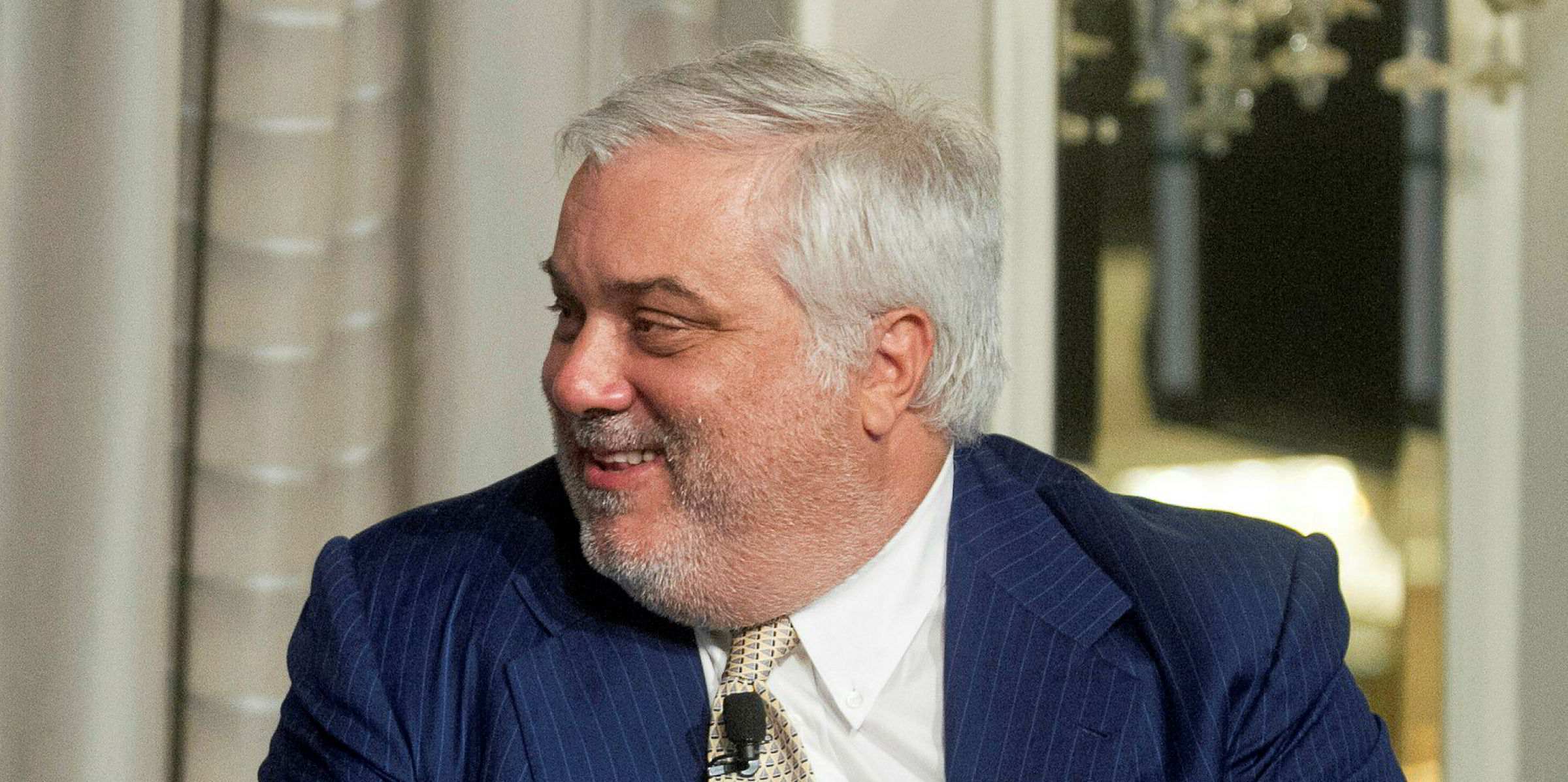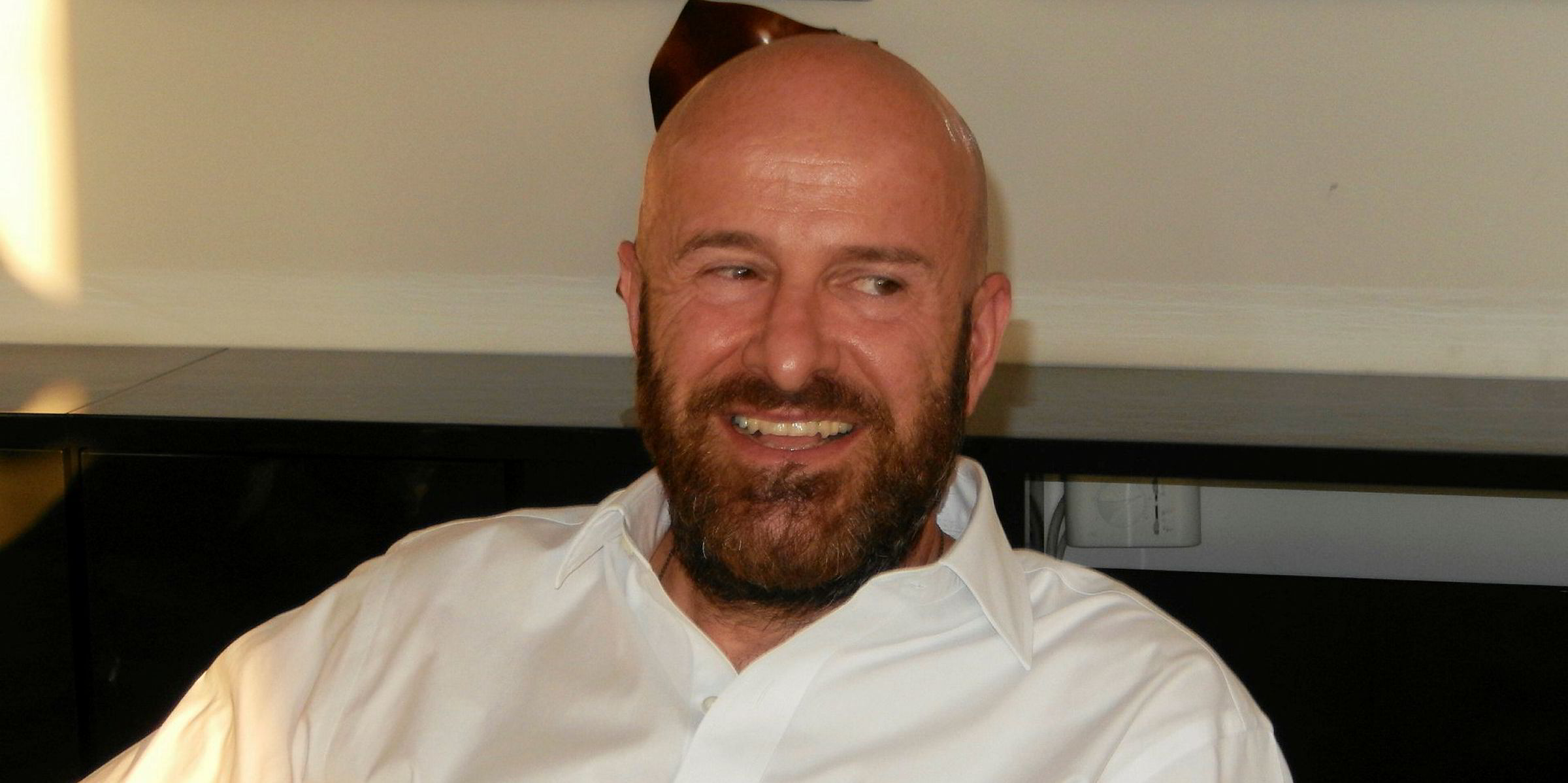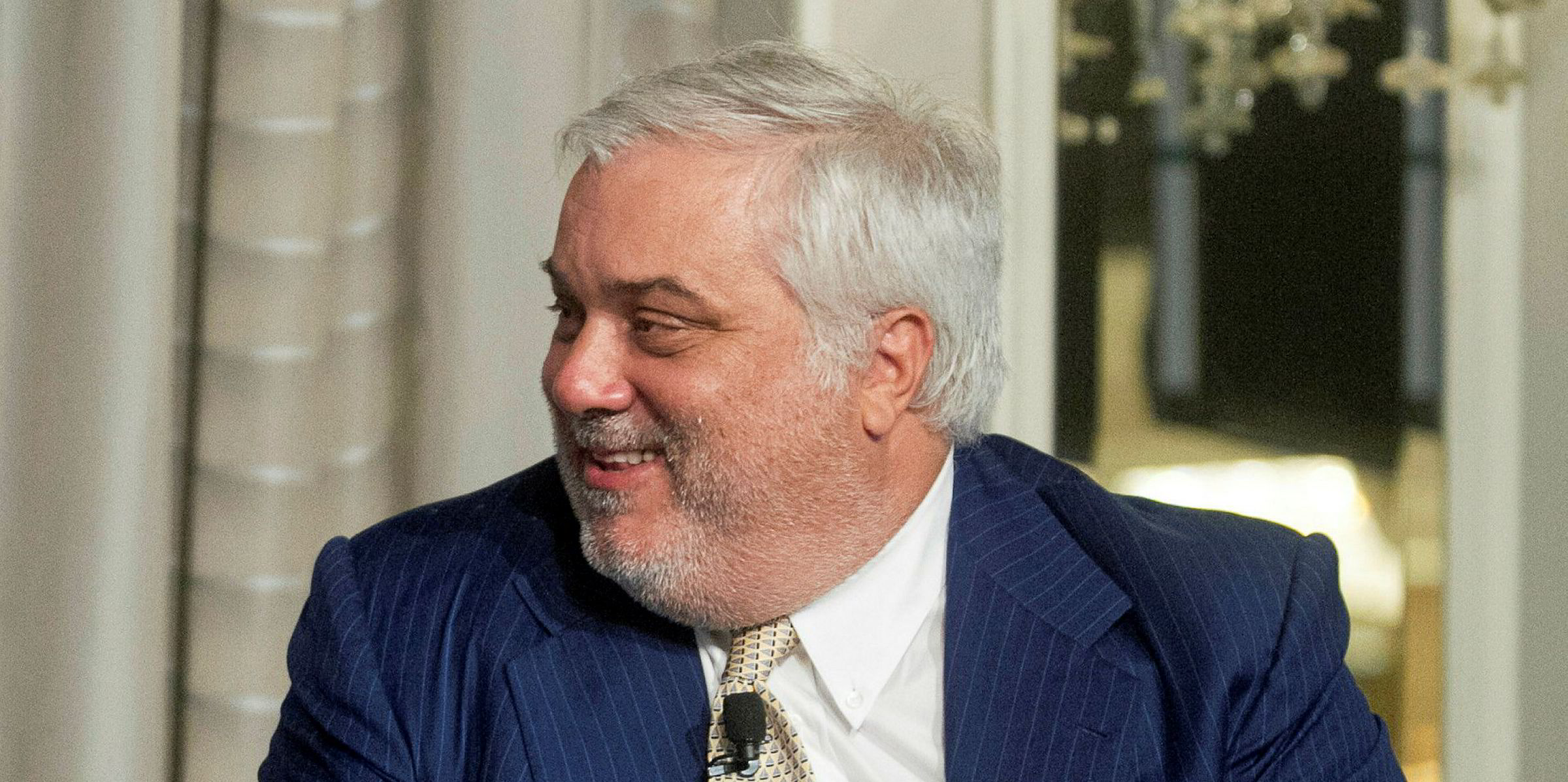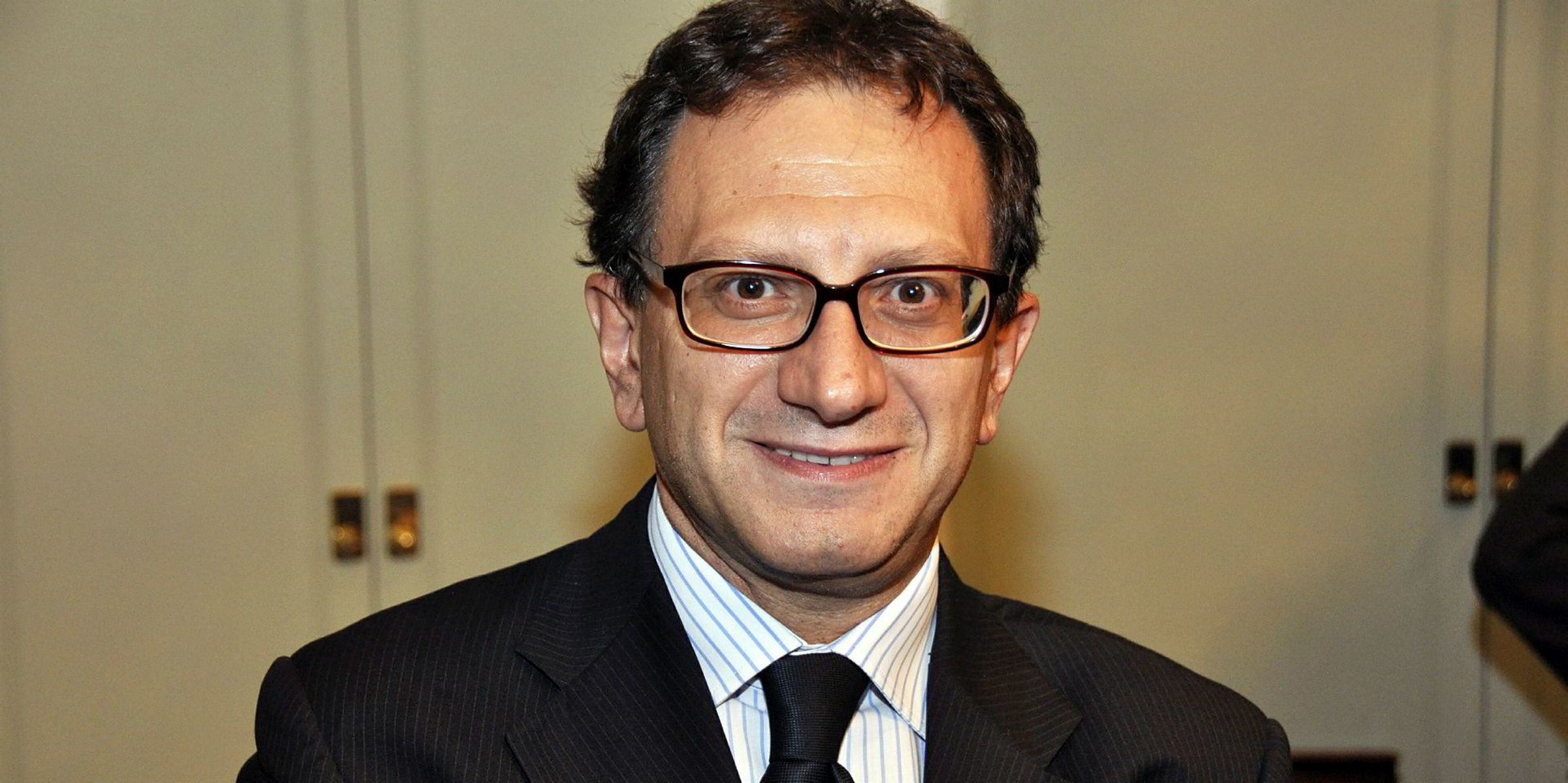The inability of Italian banks to manage their non-performing shipping portfolios gave private equity player Pillarstone an opportunity to make its mark on Italian shipping markets.
In barely three years, Pillarstone has risen to the top of the Italian shipping hierarchy after its takeover of Italian tanker and bulker owner Premuda and the launch of a billion-dollar shipping fund.
But, in the process, it may have acquired an unwarranted reputation as an aggressive hedge fund operator.
Mender of broken companies
Gaudenzio Bonaldo Gregori, managing partner of Milan-based Pillarstone Italy, believes that could not be further from the truth.
He sees it as more accurate to view Pillarstone as a long-term player, a turnaround specialist, or what could be termed a mender of broken companies.
It undertakes this remit by formulating a restructuring plan and providing the funding.
But, unlike a hedge fund, the Pillarstone approach does not involve “a financial trade on credit; it’s a plan to recapitalise the business”.
Unblocking opportunities
“That’s what makes us different from buyers of distressed credit in cash.”
The strategy involves putting in “new money, taking control and delivering a plan”, with the goal of "sharing value creation among stakeholders".
2015: Pillarstone is founded by chief executive and partner John Davison as pan-European platform with funding from US private equity player KKR.
The Idea is to form a platform that works with European banks to manage non-core underperforming assets.
2016: Pillarstone becomes the leading creditor in Milan-listed shipowner Premuda, after acquiring debt from Italian banks including Unicredit, Banca Carige, and Intesa Sanpaolo.
March 2017: Premuda completes an out-of-court financial restructuring with the injection of $44m new money from its new 100% shareholder Pillarstone.
Premuda is delisted.
June 2017: Pillarstone is reported to take €560m ($617m) of non-performing loans from Naples-based bulker and tanker owner Rizzo Bottiglieri De Carlini Armatori.
July 2017: Italian shiponwers express concern about speculative player Pillarstone. Emanuele Grimaldi, then president of the Confederazione Italiana Armatori (Confitarma), warns of “very aggressive” behaviour.
2018: Premuda completes the first wave of its operational turnaround with the downsizing and the closure of non-core business to create an efficient consolidating platform.
2019: Davison departs as chief executive and Guadenzio Bonaldo Gregori takes over as managing partner of Pillarstone Italy.
January 2019: New team of senior executives appointed at Premuda, with Marco Fiori as chief executive and Enrico Barbieri as chief financial officer. They are charged with scaling up the business again and enlarging the fleet.
“That’s been an enabler for a number of blocked situations to move forward, one of which is Premuda,” Bonaldo Gregori says.
If you decide to put the money with the business, it’s a much stronger commitment and you need to strongly believe that what you do is deliverable
Gaudenzio Bonaldo Gregori
“If you decide to put the money with the business, it’s a much stronger commitment and you need to strongly believe that what you do is deliverable. That creates value for the business and the people working with the business.”
Premuda will be the yardstick by which success or failure of the approach will be judged.
The Genoa-based shipowner had been in protracted talks with banks for years before Pillarstone became a major shareholder in 2016.
Since 2013, it had sought an “amend and extend” solution with its lenders.
Pushing debt forward
“I think what the company [Premuda] was trying to do was to reach an agreement to push debt forward,” Bonaldo Gregori says.
He adds that talks with Italian banks were notoriously slow. The sale of a pair of aframax tankers did little to help and merely served to “fund the prolonged discussion with the banks, which was going nowhere”.
But a breakthrough came in late 2015, the year in which Pillarstone was formed by its management with funding from private equity firm Kohlberg Kravis Roberts (KKR).
Pillarstone had the task of restructuring €1bn ($1.1bn) of distressed loans across different sectors from two of Premuda’s financiers: Italian banks UniCredit and Intesa Sanpaolo.
It took three-and-a-half months of discussion to close a restructuring that couldn’t be closed in three-and-a-half years
Gaudenzio Bonaldo Gregori
Voluntary restructuring
It swiftly pushed through a voluntary out-of-court restructuring, which saw $44m of new capital injected into Premuda. In return, banks had to agree to write-off the company’s debts and it would be delisted from the Milan Stock Exchange..
Bonaldo Gregori believes that one measure of success was the speed it concluded the operation with the banks.
“It took three-and-a-half months of discussion to close a restructuring that couldn’t be closed in three-and-a-half years,” he says. “That was for the business, for the company, for the future of Premuda — a great thing.”
Ultimately, not everything has gone the way that Pillarstone would have liked.
RBD takeover
In 2017, it took over €560m of debt on 13 post-panamax bulkers, capesizes and aframax tankers from bankrupt Rizzo-Bottiglieri-De Carlini Armatori (RBD)’s fleet.
Initially, the plan had been to use Premuda as a platform for those vessels, says an Italian source familiar with the company.
KKR bought the debt, but was unable to convert the debt into ownership of the ships. It was a disaster for them
An Italian source
“KKR bought the debt, but was unable to convert the debt into ownership of the ships," an Italian source says. "It was a disaster for them.”
Another Italian source says: “It’s a business with $1.1bn debt and $5m Ebitda. I'll leave [it] to you if that is a solvent performing business, or a business which is bust.”
RBD’s financial problems ran too deep, leading banks to reject a proposed restructuring. Plans to auction the fleet in February this year were cancelled.
Turnaround danger
Bonaldo Gregori did not comment on the situation involving RBD. But he concedes that Pillarstone’s turnaround philosophy is not possible to apply in every case.
“We see many businesses that come to us and say: ‘Sorry, there [is] no way out',” he says.
But the importance of a turnaround plan means Pillarstone is unlikely to head for the exit in the short term.
“There’s nothing more dangerous in turnaround than investing short-term capital,” Bonaldo Gregori says.
“Because you [are] never sure if everything works out as you actually envisaged in [the] original plan. And in turnaround, if you don’t complete the most important part of the turnaround plan, then the value creation is not there.”
Most of the time there was a very confrontational, zero-sum type of game between buyer and seller of distressed assets
Gaudenzio Bonaldo Gregori
Bonaldo Gregori believes the Pillarstone approach marks a break with attempts to deal with troubled shipping problems of the past.
“Most of the time there was a very confrontational, zero-sum type of game between buyer and seller of distressed assets,” he says.
Management overhaul
While many of the changes in Pillarstone’s plan will not be evident for years, others are immediate.
Pillarstone has been ringing the changes at Premuda, starting with a management overhaul.
Premuda’s long-time chief executive, Stefano Rosina, last year made way for a new management team installed in January headed by Marco Fiori, the former head of Italian tanker operator d’Amico International Shipping.
“If you have a solid and viable industrial plan, that will attract top management,” Bonaldo Gregori says.

“If you just push forward your debt, it’s impossible for any management team to step in.”
Fiori works alongside Bonaldo Gregori, who brings his own experience from working in the restructuring business of Deloitte Corporate Finance and Royal Bank of Scotland.
Ultimately, the management is charged with providing an exit for the Premuda’s stakeholders.
There appears to be no rush. Pillarstone operates with a five-year turnaround plan using what it calls “patient capital”. In other words, it does not need to cash out in the short term.
Top priority
The number one goal has been to bring the cost structure and technical capacity of Premuda into line with other top operators, Bonaldo Gregori says.
“That’s almost done," he says. "We now have a player which can be benchmarked with [a] top player in terms of management and efficiency.”
This is necessary if Premuda is used as a shipmanagement platform for shipping initiatives under consideration by Pillarstone.
If we ended up controlling other ships or fleets, we will look at Premuda as a possible option to manage those ships
Gaudenzio Bonaldo Gregori
“If we ended up controlling other ships or fleets, we will look at Premuda as a possible option to manage those ships,” Bonaldo Gregori says.
He adds that Premuda is delivering results that are slightly ahead of what was expected for 2018 due to positive moves in the dry market.
This was helped by downsizing and closure of non-core operations, including Premuda’s floating production, storage and offloading operations and its African activities.
Similarly, the commercial and technical management of the handysize bulker fleet, which had previously been outsourced to V. Ships in the UK, will be brought back to Italy.
This story has been amended since publication to reflect correcting the attribution of a quote to an Italian source, rather than Bonaldo Gregori.





